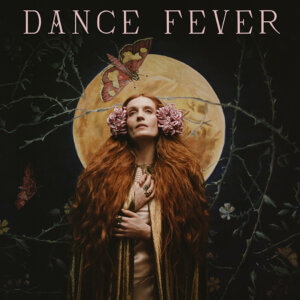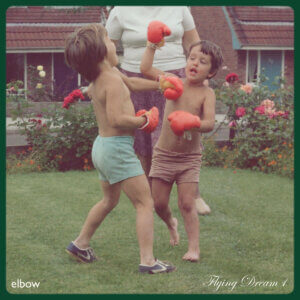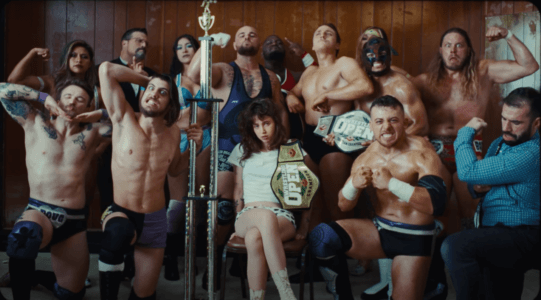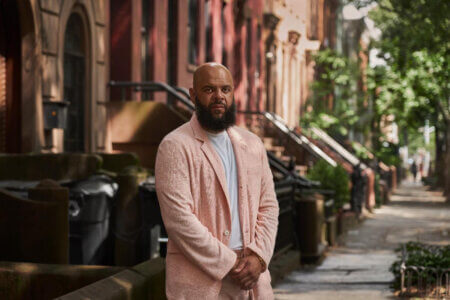
5.5
R.Y.C.
Mura Masa
Sometimes making sweeping changes to your sound as an artist works for you, and sometimes it doesn’t. It’s a gamble regardless, and artists can either see their fans learn to embrace such a drastic change in sonic direction, or the artist ends up rolling snake-eyes with it. For the Guernsey-born and bred electronic producer Mura Masa, the results tend to be somewhere in the middle, as he pivots from the sleek, hip hop-tinged electronic sound from his strong 2017 self-titled debut to a more rock and guitar-focused style.
It would be quite understandable for Mura Masa fans to be nervous about Crossan’s sophomore LP, R.Y.C. (short for “Raw Youth Collage”), having already been given a scathing one-star review by The Guardian. The iconic British newspaper described the album as “profoundly awful” and that the album’s guest stars couldn’t “polish the turds” on its tracklist, all written with a harsh, mercilessly sarcastic tone that frankly makes it seem as if writer Ben Beaumont-Thomas has a personal beef with Crossan.
While the album doesn’t merit such a damning review, it does feel like quite the 180 stylistically for Crossan, with its execution ultimately being a bit frail. Aside from the more ambient-focused “In My Mind” and the largely acoustic “Today”, the project heavily leans on guitar riffs; a nod to Crossan having played punk and new wave music growing up. This is largely through songs like the post-punk-indebted “Vicarious Living Anthem”, and on single “No Hope Generation” — a track that attempts to liken millennials and the absolutely dogshit time we currently live in to a dance craze (Everybody do the no hope generation/The new hip sensation craze sweeping the nation”), but it doesn’t come across as deep as it wants to be.
The album also builds itself around overarching lyrical themes of nostalgia and good times from years past, heard especially in the opening title track and on “A Meeting at an Oak Tree” — the latter being a spoken-word interlude over twinkling, hazy guitars where Crossan recounts a relationship he had with a high-school sweetheart.
The presence of a grittier rock sound in his music is welcome at certain points, though not as much at others, and the production isn’t always crisp enough to withstand the heavy use of distortion and driving basslines. Crossan himself frequently steps onto the mic to take lead vocals, and it feels a bit awkward whenever he does, as his vocal performance seemingly lacks conviction and confidence at times.
Much like his debut, R.Y.C. is at its best when he steps away from the mic and lets his guests take the reigns. Nowhere is this more apparent than on the excellent lead single “I Don’t Think I Can Do This Again”, where Clairo’s vocal presence provides a welcome contrast to the otherwise boisterous production. Elswhere, slowthai makes an appearance on “Deal Wiv It”, where the Boris Johnson head-brandishing rapper’s distinctively snotty voice shape shifts into a more conversational, Mike Skinner-esque delivery, and Crossan’s duet with Wolf Alice frontwoman Ellie Rowsell’s on album highlight “Teenage Headache Dreams” is by far the best use of his singing voice, with the two sharing solid chemistry throughout.
R.Y.C. isn’t as “profoundly awful” as The Guardian might have you believe, but it does represent a misstep of sorts for Mura Masa. Despite its individual highlights, it’s an album that feels a bit like a major stylistic shift for the sake of one, and Crossan probably would’ve been better off more gradually infusing his new rock-heavy leanings into his trademark sound.
Words by Dave MacIntyre
Latest Reviews
Tracks
Related Albums
Related News
Advertisement
Looking for something new to listen to?
Sign up to our all-new newsletter for top-notch reviews, news, videos and playlists.














